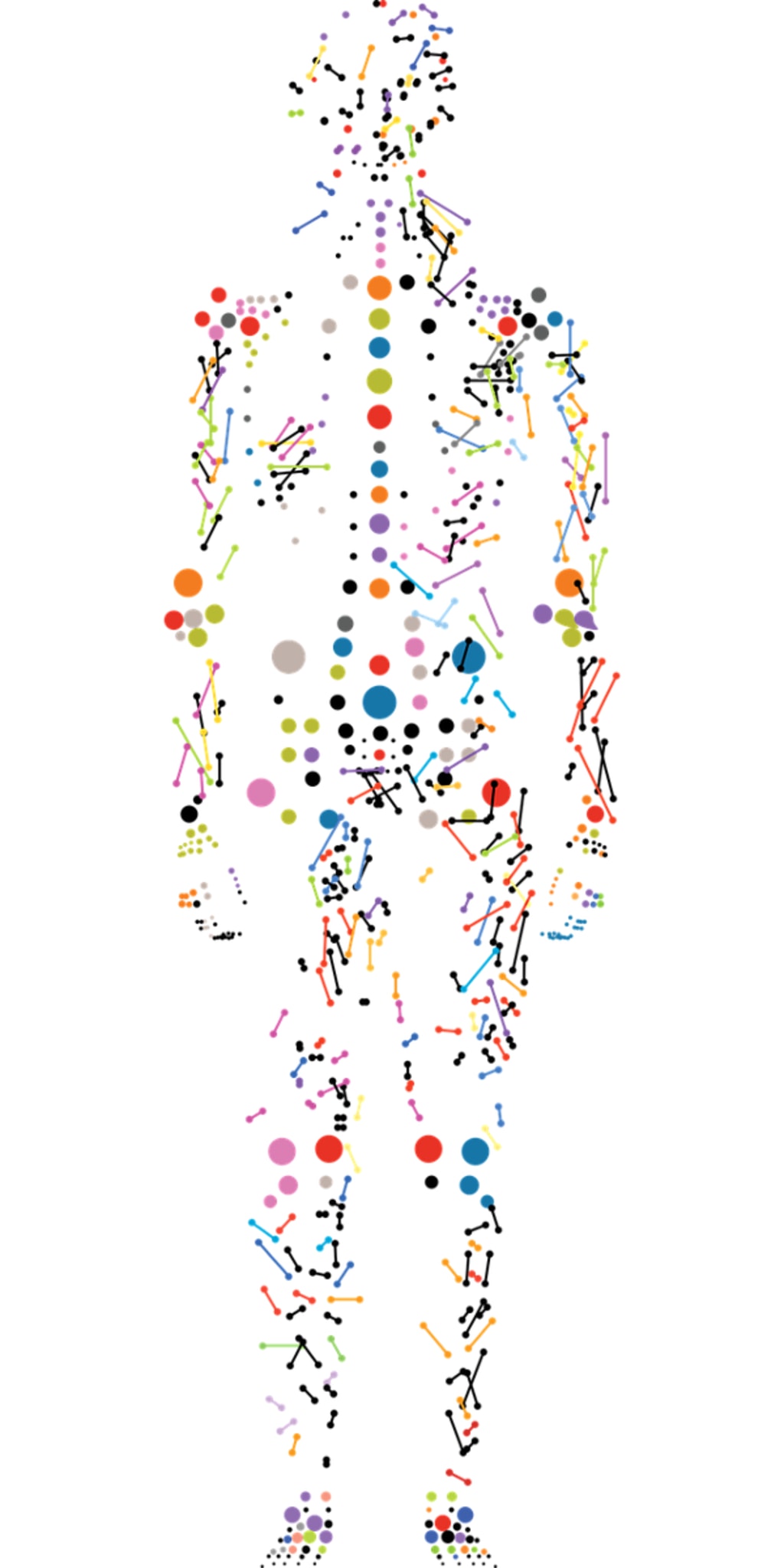Blockchains Won’t Fix the Problems with Human Genomics Because the Problems with Human Genomics Can't Be Fixed
Nature is the (Non) Problem

Yet another article bemoaning the lack of progress gene sequencing has made in improving the human condition (linked above). In this particular example the author suggest this “problem” is largely the result of a lack of available genomics data (whole genome sequence) data from people. It seems that not enough people are willing to get their genomes sequenced and then hand the data over to either government or private industry no matter the promises of anonymity made or sweeteners offered. I can’t imagine why anyone would have any problem trusting those two paragons of trustworthiness (government and biotech industry), but it turns out that a few enterprising technology companies have come up with a brilliant solution to this (non)vexing (non)problem, my favorite new(ish) kid on the techno-block, cryptocurrency aka bitcoin! And just like Marky Mark and the Funky Bunch foretold in the opening lines to their classic hit Good Vibrations.
Come on swing it
Come on swing it
Come on swing it
Come on swing it
1 2 3 now we come to the pay off
Our techno saviors will pay for your genetic data with bitcoin like credits/tokens and the best part is all you have to do is pay them for the privilege. It is a great deal for everyone, except of course for you, it really sucks for you. All you need to do is hand over $1000 and the next thing you know your genome is sequenced, and the data is published where it can be accessed by researchers around the world. Then when these researchers want to use the data as part of their studies you are magically “connected” with them at which point they presumably will offer to pay for the privilege to use said data. The best part is when you get paid it isn’t in some silly useless old school way like with dollars or money (you know, like the kind you forked over to be a part of this awesome deal), but in cryptocurrency! But Dan, you might be thinking, is my data safe? And what about the records of these transactions, how will I know who accessed my data and for what purpose? Great questions and the answers to all of them will be found in the magical world of blockchains. The only think more secure then a chain is block of them, as the saying goes. For more on blockchain check out the link below.
No doubt this will be wildly successful and soon genomics data from millions of idiots will be pouring into blockchain secured databases. While this could be a boon for psychologists studying the genetic basis of stupidity, I am afraid it will have little impact on the field of genomics as a whole. Unfortunately the reason for the lack of meaningful insights has a lot less to do with the number of genomes sequenced then the availability of meaningful insights in the genome itself to begin with. Simply put, despite the massive hope and even more massive hype, gene sequence alone is a mediocre at best diagnostic tool. It is even less useful as an indicator of behavior or predictor of future health. In the nature vs. nurture battle nature has lost, and it was not even close. As much as many have tried to equate human beings with computers with DNA sequence playing the role of source code, it is now more clear than ever how poor an analogy that is. I do not write this to disparage the field of genomics or the researchers working in the field or using genomics data. There can be no doubt it has had a huge impact on many scientific disciplines including my own field of molecular and microbiology. However, despite these achievements it has failed in the one task where success was most hoped for, improving the human condition. More data (aka training sets for machine “learning” algorithms to chew on) will not make any difference, so the disposition of the sequence data is of little consequence to biology or humanity in general, except perhaps to insurance companies and the few persons who have diseases or conditions which are exclusively or primarily determined by sequences in a few specific genes. This is most likely somewhere between 0.1%-1% of all people and possibly much, much lower. I am happy for that tiny minority and a little bit disappointed that genomics has had so little overall impact. That said I am comforted by the fact that we are so much more complex then the sum of our genetic sequences, and that environmental and other factors are as important or more so in determining our fates. This is but one reason why human beings are so much superior to any computer or machine, even those purported to have so called “artificial intelligence”, and will remain that way for the foreseeable future.
The vibrations good like Sunkist
Many wanna know who done this
Marky Mark…
Good stuff. Funky.
About the Creator
Everyday Junglist
Practicing mage of the natural sciences (Ph.D. micro/mol bio), Thought middle manager, Everyday Junglist, Boulderer, Cat lover, No tie shoelace user, Humorist, Argan oil aficionado. Occasional LinkedIn & Facebook user
Enjoyed the story? Support the Creator.
Subscribe for free to receive all their stories in your feed. You could also pledge your support or give them a one-off tip, letting them know you appreciate their work.






Comments
There are no comments for this story
Be the first to respond and start the conversation.